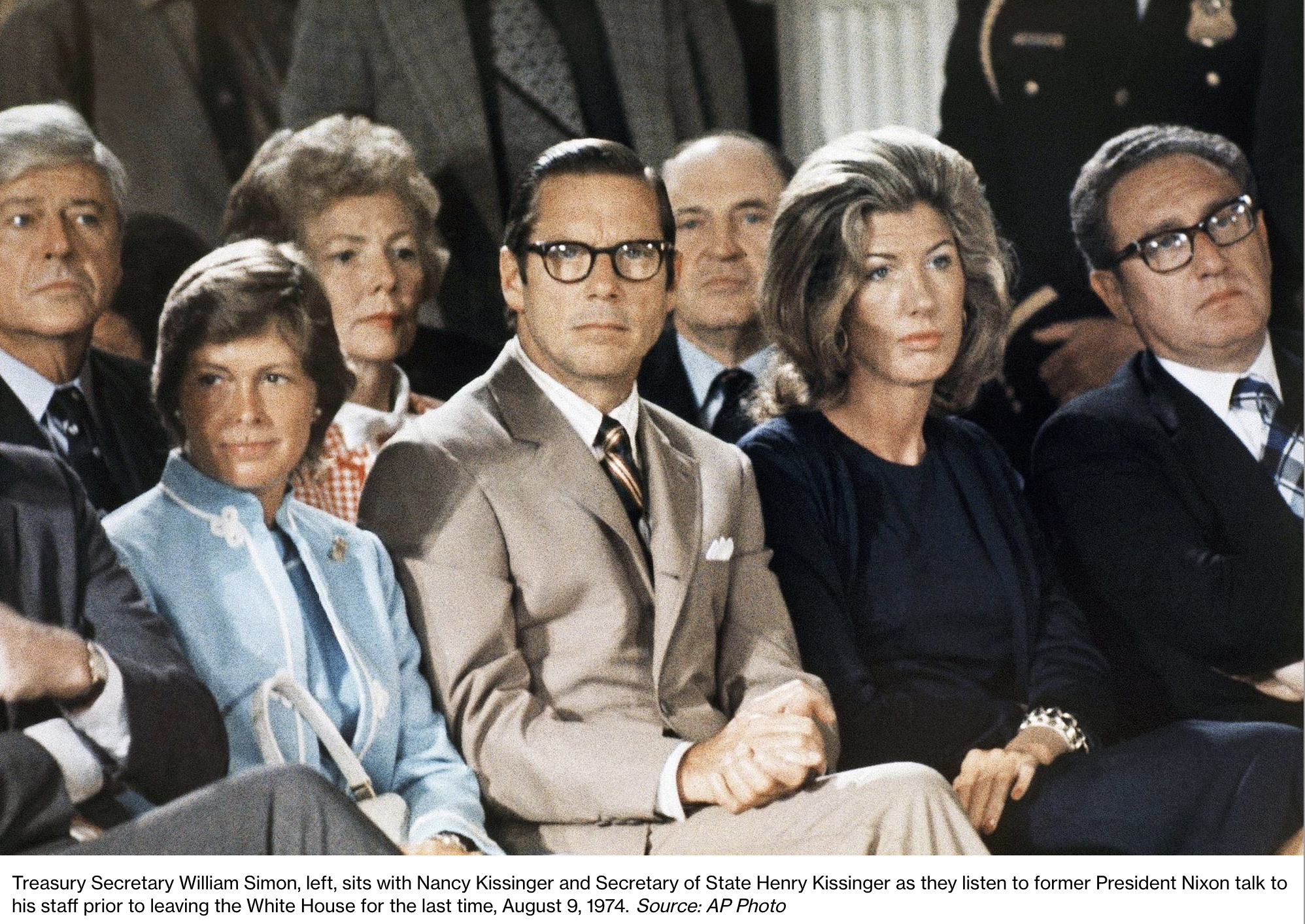Bretton Woods II ended today
Commentary by Kathleen Tyson - December 9, 2022
I've been waiting for today, knowing it was pre-planned and coming. Today in Riyadh at the China-Arab Summit President Xi of China formally invited the Arab nations to trade oil and gas in yuan on the Shanghai Exchange. Now the way diplomacy works (because it seems to have been forgotten in the West) is that Xi would not have made the invitation unless all the Arab states gathered in Riyadh - and particularly Saudi Arabia as host - had already agreed as a matter of joint policy to take action accordingly. Oil and gas will price in Shanghai and in yuan, breaking the dollar monopoly the US has imposed and enforced since 1974. Since the dollar-for-oil monopoly was the lynchpin of Bretton Woods II stability, it follows Bretton Woods II ended today.
#China's Xi tells Gulf nations to use Shanghai exchange for yuan energy deals #oott https://t.co/LbFQlSqRu4
— Giovanni Staunovo🛢 (@staunovo) December 9, 2022
To refresh memories, President Nixon unilaterally repudiated the US treaty obligation under the 1944 Bretton Woods Agreement to redeem dollars for gold in 1972. The chaos in foreign exchange markets that followed led to instability, made worse with the inflationary OPEC oil embargo of 1973-74.
In July 1974 the US Treasury Secretary William Simon and US Secretary of State Henry Kissinger made a top-secret flight to Riyadh to meet King Fahd. They offered a deal: sell Saudi oil exclusively for US dollars and buy US Treasuries with the proceeds, or we kill you, your entire family, and occupy the oil fields with the US military. Unsurprisingly, they left with a secret agreement.

The same deal was more or less extended to all of OPEC. Leaders like Saddam Hussein of Iraq and Muammar Gaddafi of Libya who strayed from the US dollar were killed, their countries destroyed and destablilsed, as an example to others. Iran, Syria, and Venezuela have resisted more successfully, but have been badly destabilised by US occupation, oil theft, attempted coups, attempted assassinations, and economic sanctions.
So today marks a big and admirably brave shift. After sending all the weaponry it could spare to Ukraine all year, ending oil and gas trade with Russia under sanctions, weakening allies with surging inflation, and depleting the Strategic Petroleum Reserve of a record amount of oil to blunt inflation before the midterm elections, the US is not in an ideal position to launch wars in every Arab state at once. In fact, it probably can't launch a war or coup even in Saudi Arabia because Saudi Arabia will have prepared and provided for that risk. In any event, a new war in the Middle East would make the inflationary shock of the Ukraine war pale in comparison.
Signs of a shift have been in the wind all year. The fist bump and low-key reception of President Biden compares poorly to the lavish state reception of President Xi. Then Biden's attempt to get GCC states to sanction Russia was unanimously rejected.
A New Gulf? Biden’s fistbump ‘disaster’ vs. Saudi Arabia’s grandiose welcome for Xi https://t.co/YMFzQzfv09
— Theusarticles (@theusarticles) December 7, 2022
And OPEC's outright refusal to defer oil production cuts until after the American midterm elections was a further sign Saudi and OPEC+ no longer take orders from Washington. Saudi took the unusual step of officially rejecting the US request in public.
———
— Cornerstone Analytics🛢Macro Oil 🗣 Oliver Parsons (@CornerstoneOil) October 13, 2022
👇👇
SAUDI ARABIA OFFICIAL STATEMENT
Rejected Biden’s request for OPEC+ to postpone oil production cuts until after the midterm elections pic.twitter.com/7GZnkETmaG
When a presidential state visit by Xi to Saudi began leaking in the fall I began to watch for confirmatory signs of OPEC moving East. There were quite a few, but nothing as momentous as the extravagant welcome for President Xi to Riyadh and the China-Arab Summit. President Xi and King Salman signed a 30-year Strategic Partnership Agreement for cooperation on virtually all forward economic plans yesterday: energy, telecoms, investment, trade, infrastructure, regional development, Belt & Road Initiative, etc. Significantly, the Agreement bars interference in domestic affairs by either nation, a principle China has urged widely for many years.
#FRONTPAGE: King Salman, Chinese President Xi sign comprehensive strategic partnership agreement — https://t.co/yB5re1Lpzz pic.twitter.com/XNDtCQSPfb
— Saudi Gazette (@Saudi_Gazette) December 8, 2022
No one knows exactly where things go from here in terms of monetary, financial and economic stability. That's exactly why Pacemaker.Global is in business. We plan to be the neutral, flexible, collaborative platform for exploring and adapting to the complexities and risks of the shift from the unipolar order of US dollar to the multipolar order of multicurrency global trade, investment, credit, and cooperation.
A key signal to watch will be US Treasury TIC data on foreign holdings. Year on year, China is down -$113.9 Bn to September (most recent published), Hong Kong is down -$50.4 Bn, Saudi Arabia is down -$2.8 Bn, United Arab Emirates is down -$9.8 Bn. The only named Arab exporter up is Iraq, +18.9 Bn, but that is involuntary as the US requires all proceeds of oil sales be paid to an account at the Federal Reserve Bank of New York where dollars are automatically invested in Treasuries.
We're all of us off the charts as of today as we leave Bretton Woods II behind. But we can begin developing some new charts together tomorrow.